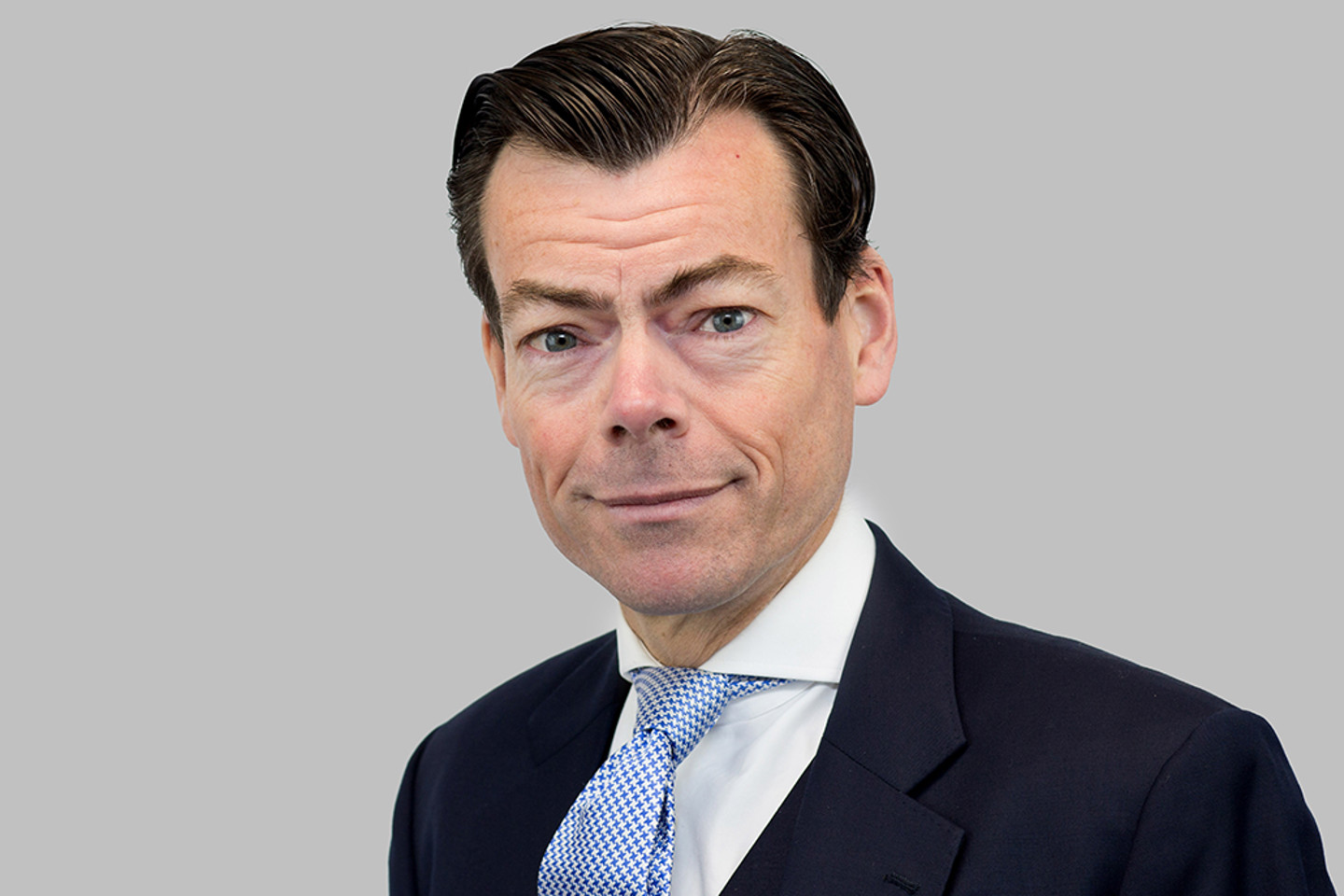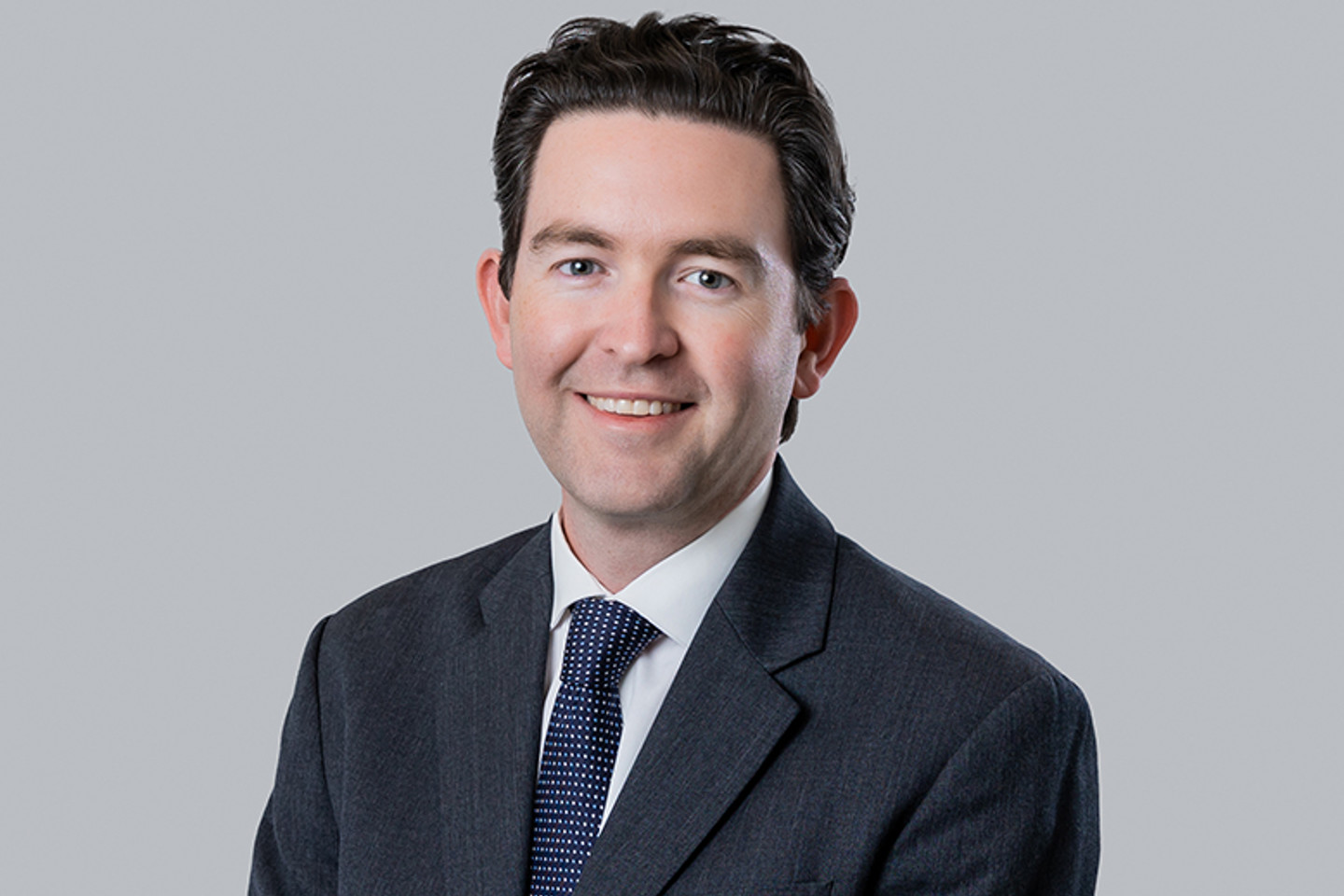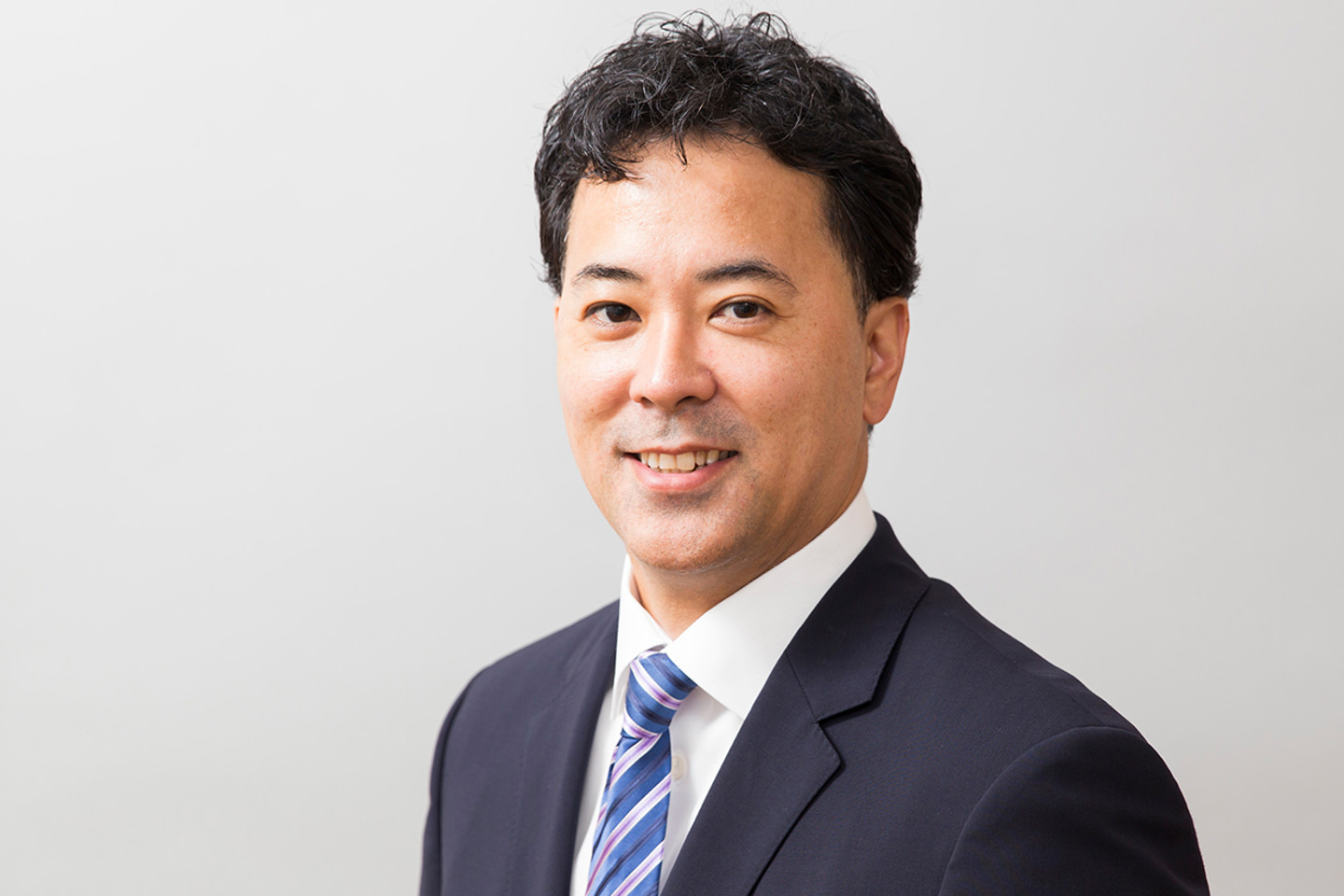
Marcus Leese
Partner | Legal
Guernsey, Hong Kong

Marcus Leese
Partner
Guernsey, Hong Kong
Big things are happening at Ogier. Change is embedded in everything we do. It is redefining our talent, our ways of working, our platforms of delivery, our culture.
Services
We have the expertise to handle the most demanding transactions. Our commercial understanding and experience of working with leading financial institutions, professional advisers and regulatory bodies means we add real value to clients’ businesses.
Sectors
Our sector approach relies on smart collaboration between teams who have a deep understanding of related businesses and industry dynamics. The specific combination of our highly informed experts helps our clients to see around corners.
We have the expertise to handle the most demanding transactions. Our commercial understanding and experience of working with leading financial institutions, professional advisers and regulatory bodies means we add real value to clients’ businesses.
Legal
Corporate and Fiduciary
Consulting
Banking and Finance
Corporate
Dispute Resolution
Employment law
Intellectual Property
Investment Funds
Listing services
Local Legal Services
Private Wealth
Property law
Regulatory
Restructuring and Insolvency
Tax
Banking and Finance overview
Asset Finance
CAYLUX Fund Finance
Debt Capital Markets
Derivatives
Fund Finance
Islamic Finance
Leveraged Finance
Listing services
Real Estate Finance
Regulatory
Restructuring and Insolvency
Structured Finance
Sustainable Finance
Corporate overview
Economic Substance
EIIS Services in Ireland
Equity Capital Markets
Insurance and Reinsurance
Listing services
Mergers and Acquisitions
Private Equity
Real Estate Structuring, Acquisitions and Disposals
Regulatory
Technology and Web3
Dispute Resolution overview
Banking Disputes
Corporate and Financial Services Disputes
Crypto Disputes
Enforcement of Judgments and Awards
Fraud and Asset Tracing
Funds Disputes
Insurance Disputes
International Arbitration
Regulatory
Restructuring and Insolvency
Section 238 Shareholder Appraisal Rights
Shareholder and Valuation Disputes
Trusts Disputes and Applications
Investment Funds overview
Hedge Funds
Managers and Sponsors
Private Equity
Real Estate, Infrastructure and Energy Funds
Regulatory
Sustainable Investing and Impact Funds
Technology and Web3
Local Legal Services overview
Cayman Local Legal Services
Channel Islands Local Legal Services
Ireland Local Legal Services
Employment law
Estate Planning, Wills and Probate
Expat services
Family Office
Intellectual Property
Make your Guernsey will online
Make your Jersey lasting power of attorney online
Make your Jersey will online
Notary public services
Relocating your business
Relocating your family
Property law
Accounting and Financial Reporting Services - Ogier Global
Cayman Islands AML/CFT training - Ogier Global
Corporate Services - Ogier Global
Debt Capital Markets - Ogier Global
Fund Services - Ogier Global
Governance Services - Ogier Global
Investor Services - Ogier Global
Ogier Connect - Ogier Global
Private Wealth Services - Ogier Global
Real Estate Services - Ogier Global
Regulatory and Compliance Services - Ogier Global
Our sector approach relies on smart collaboration between teams who have a deep understanding of related businesses and industry dynamics. The specific combination of our highly informed experts helps our clients to see around corners.
Ogier provides practical advice on BVI, Cayman Islands, Guernsey, Irish, Jersey and Luxembourg law through our global network of offices across the Asian, Caribbean and European timezones. Ogier is the only firm to advise on this unique combination of laws.
Keep up to date with industry insights, analysis and reviews. Find out about the work of our expert teams and subscribe to receive our newsletters straight to your inbox.
Fresh thinking, sharper opinion.
We get straight to the point, managing complexity to get to the essentials. Our global network of offices covers every time zone.
No Content Set
Exception:
Website.Models.ViewModels.Components.General.Banners.BannerComponentVm
Insight
29 January 2014
British Virgin Islands, Cayman Islands, Guernsey, Hong Kong, Jersey, Shanghai, Tokyo, Luxembourg Legal Services
ON THIS PAGE
RELATED
The transition of a family business from the founder to the next generation is always a critical time, and likely to be particularly so in the ever more competitive markets that we see in modern times. Many cultures have long recognised that this can all too often be the beginning of the demise of the family business, and even reflect this in proverbs such as "from rags to riches to rags in three generations" (in the West) and "wealth will not survive the third generation" (in China).
What can entrepreneurs do to help their businesses avoid this fate?
One question for advisors and their business-owning clients is whether a formal governance structure might help in the management of the business, particularly in the succession from one generation to the next. For example, the founder may establish a family council, with rules to govern who should be involved in running the company, to facilitate joint and informed decision making and accountability, and to provide a mechanism to resolve conflict.
In some cases, however, there will be too much internal conflict (particularly after the founder's death) for this to work, and in others the family members may not be interested (or talented) enough to run the business.
Another question for advisers to discuss with their clients is whether succession to the business should be absolute or controlled. For example, where the founder transfers his shares to the next generation either equally or subject to a factor such as involvement in the business, this is absolute succession. Where the founder establishes a business succession trust the succession is controlled.
One problem with absolute succession is that if the business is left to only one child where the founder has more than one this could be perceived as unfair, but if left to more than one it leads to fragmentation of ownership, which could ultimately destroy the business. Another concern with absolute succession is that the next generation might decide to sell the business, which may well not be what the founder wants.
A traditional approach of common law jurisdictions, where an individual wants his wealth to be managed for the benefit of his family, and succession controlled to some extent, might be to set up a trust.
However, a traditional trust has its limitations in the context of a family business. Where the trust fund includes shares in a family company, the trustee will ordinarily need to maintain some involvement in the operation of that company. This is unlikely to be what the founder of the company (the settlor of the trust) will want - he will want to run the business himself during his lifetime (perhaps with input from the family or chosen directors), and he may want his family, or other chosen people, to run it after his death, without interference from the trustee.
The offshore world has responded to this problem with a variety of innovations. One solution that is designed for these circumstances is the BVI VISTA trust. In a BVI VISTA trust the trustee can hold the family business for the benefit of the family, but does not get involved in managing the business.
The BVI VISTA trust may establish a family council to facilitate joint family decisions on matters such as distributions of trust funds to family beneficiaries, and may also contain rules which govern succession to the office of director of the company, and which regulate the business activities of the company.
A Cayman STAR trust can be established either for beneficiaries, or for any purposes (whether charitable or non-charitable) or for both. A Cayman STAR trust can therefore be established where the purpose is to retain and maintain a family company for the benefit of the family, and where the beneficiaries are family members. The existing company directors can be left to run the company free from interference from the trustee.
Many offshore jurisdictions, including the BVI, Cayman, Jersey and Guernsey, expressly allow settlor reserved powers trusts where a settlor may retain and exercise as he wishes specific powers, such as an investment power. This would also allow the founder of a company to transfer the company to a trust for the benefit of his family, but to continue to run the company without the involvement of the trustee. The settlor could also pass on this power after his death.
Where the settlor does not want to use a professional trustee as trustee, another option permitted for certain types of trust in many jurisdictions including the BVI, Cayman Jersey and Guernsey, is to use a private trust company as trustee.
The private trust company will be established by the family, and can include family members and chosen advisers on its board. It thus facilitates direct involvement of the family and its advisers in decision making.
All the structures discussed allow flexibility and involvement of the family beyond that which would be offered by a traditional trust structure. Whatever structure is chosen, circumstances will change, and conflict may increase after the founder's death. A successful structure needs to have the flexibility to respond to the unforeseen and all the structures discussed above do allow such flexibility.

Marcus Leese
Partner | Legal
Guernsey, Hong Kong

Marcus Leese
Partner
Guernsey, Hong Kong
Contact Marcus
Back

Anthony Partridge
Partner | Legal
Cayman Islands

Anthony Partridge
Partner
Cayman Islands
Contact Anthony
Back

Giorgio Subiotto
Partner | Legal
Cayman Islands

Giorgio Subiotto
Partner
Cayman Islands
Contact Giorgio
Back

Skip Hashimoto
Managing Director | Corporate and Fiduciary
Tokyo

Skip Hashimoto
Managing Director
Tokyo
Contact Skip
Back

Sophie Zhong 钟小辉
Head of Business Development, Shanghai 业务拓展主管—上海 | Business Services Team
Shanghai

Sophie Zhong 钟小辉
Head of Business Development, Shanghai 业务拓展主管—上海
Shanghai
Contact Sophie
Back
Ogier is a professional services firm with the knowledge and expertise to handle the most demanding and complex transactions and provide expert, efficient and cost-effective services to all our clients. We regularly win awards for the quality of our client service, our work and our people.
This client briefing has been prepared for clients and professional associates of Ogier. The information and expressions of opinion which it contains are not intended to be a comprehensive study or to provide legal advice and should not be treated as a substitute for specific advice concerning individual situations.
Regulatory information can be found under Legal Notice
Sign up to receive updates and newsletters from us.
Sign up
No Content Set
Exception:
Website.Models.ViewModels.Blocks.SiteBlocks.CookiePolicySiteBlockVm
